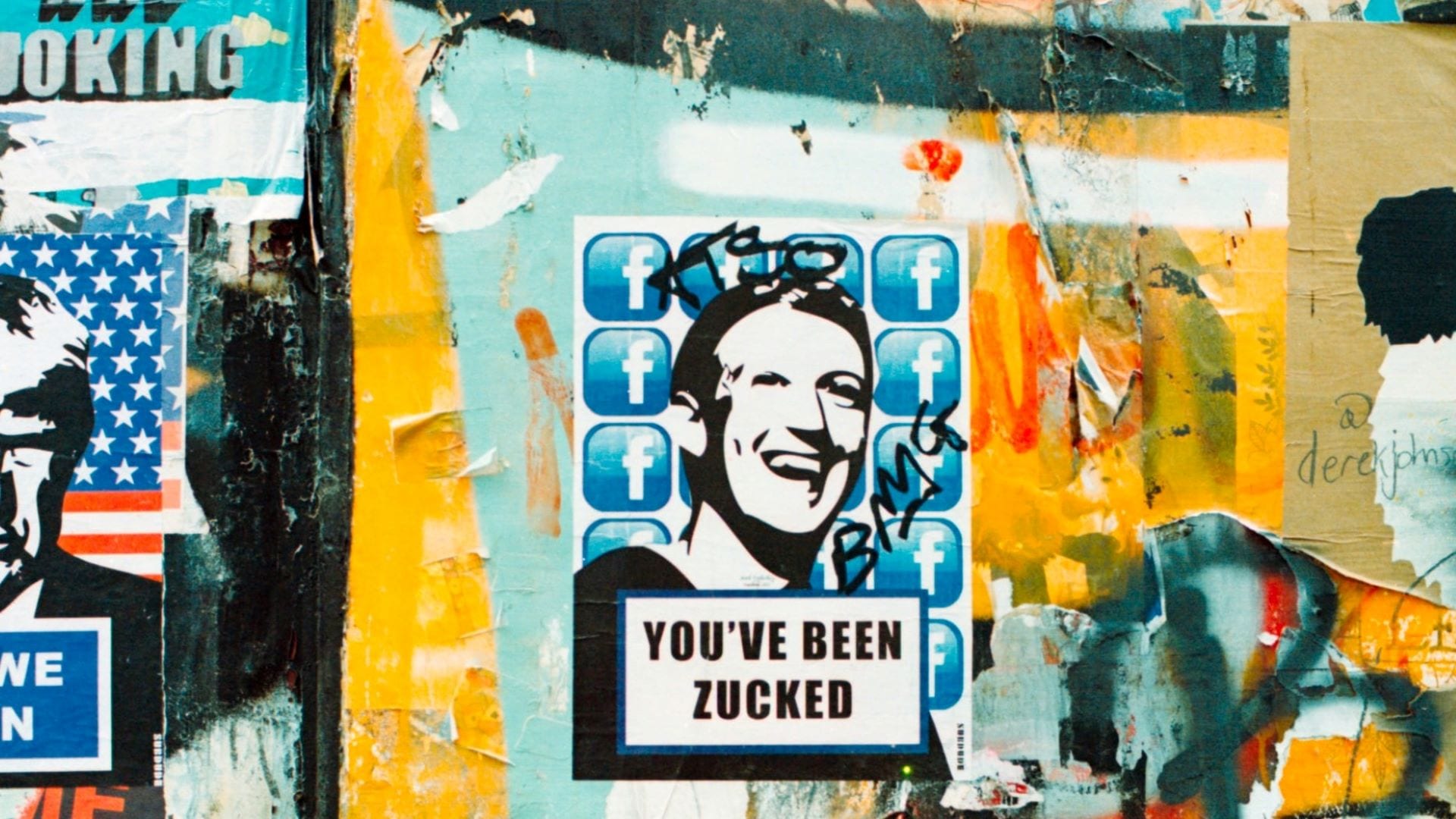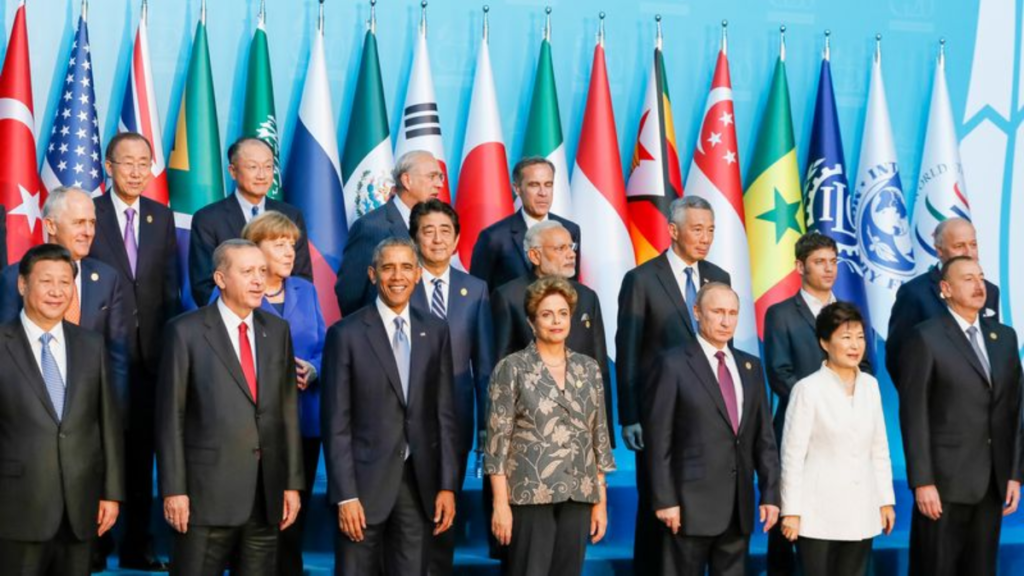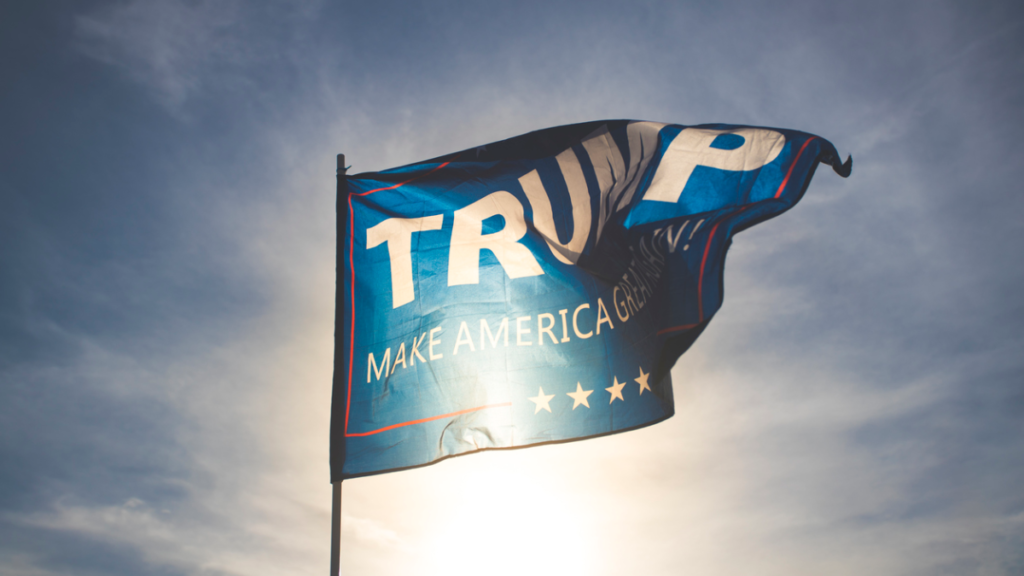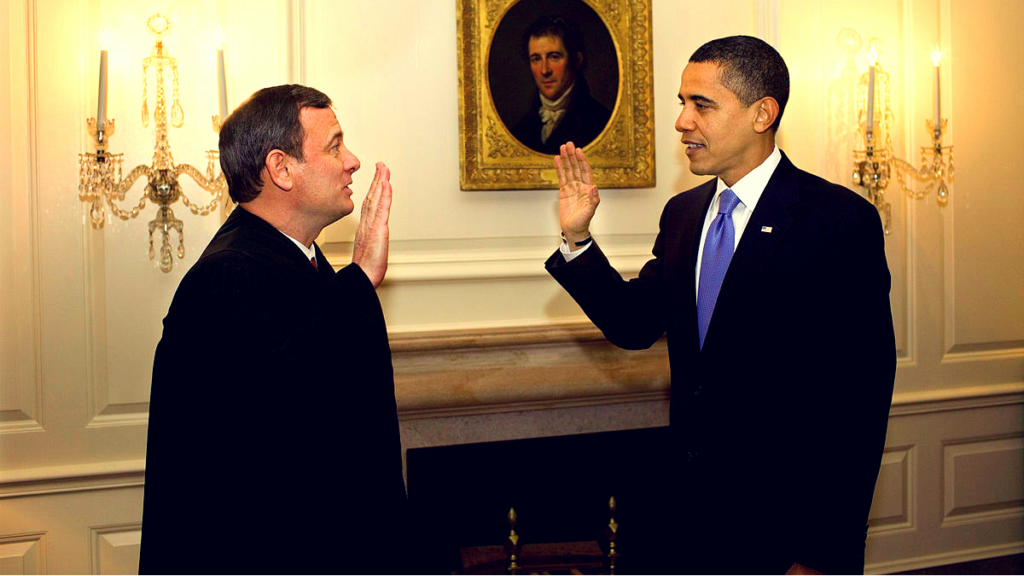Tag: Donald Trump


Why trade wars are wars on the poor
November 14, 2023 | Post
In the not-so-distant past, political leaders from both sides of the aisle in the United States held a general consensus on the benefits of free trade.
During their presidential campaigns in 2000, Al Gore and George Bush, despite their differences, at least agreed on the merits of fostering open markets.
Fast forward to the present day and we find Joe Biden and Donald Trump endorsing staunchly protectionist policies.
Let’s explore what caused this complete 180 and who bears the brunt when trade is restricted.

Globalization: a curse or a blessing?
September 14, 2023 | Post
For far too long, the fixed pie fallacy was the most widely held belief. When wars over resources were too costly to fight, society (not understanding that the ultimate resource is the human mind) went back to the good old trade wars of the mercantilist era. But something changed after the Second World War when Japan took a different path.

Why Section 230 is vital for freedom of expression online
February 8, 2023 | Post
There was a time when the debate around Section 230 was limited to the underworld of D.C. tech policy folks, but this is certainly no longer the case. While this once obscure part of the Communications Decency Act was gradually becoming more of a discussion point, it was thrust into the mainstream when Twitter and Facebook banned Donald Trump from their platforms after he posted incendiary tweets. Here’s why we should defend Section 230…

The dangerous simplicity of polarization
December 12, 2022 | Post
We cannot claim to want a better and more tolerant world while simultaneously creating distance between ourselves and those with whom we disagree. To overcome the exercise in collective insanity that is political polarization, we must separate the politics from the individual.

Liz Cheney proves we can’t trust the right to support free speech
May 13, 2021 | Post
Liz Cheney maintaining her position with the GOP was contingent on an unspoken agreement that she’d stop publicly disagreeing with Donald Trump over the validity of the 2020 election. Cheney did not do this. Instead, in her defiance, she has highlighted exactly why those who love and seek to protect freedom of speech shouldn’t count on the GOP or the right to maintain it.

Highlights from our Reddit AMA with Professor Sarah Burns
May 19, 2017 | Post
Did you miss our recent Reddit AMA with Professor Sarah Burns of RIT’s political science department? You can find the whole conversation here, or check out some of the highlights below. Dr. Burns is a regular contributor to the Learn Liberty Blog, and starred in our series on America’s Founding. Adama82 Hi, thanks for […]

Trump, Trade, and Great Power War
March 23, 2017 | Post
One of the signature features of President Donald Trump’s campaign was his hostility to free trade. Then-candidate Trump repeatedly denigrated various multilateral trade pacts as bad deals for the United States. Pulling out of the Trans-Pacific Partnership, appointing opponents of free trade—such as Steve Bannon and Peter Navarro—into key positions, and promises of tariffs that are likely to […]

The meaning of American populism
March 13, 2017 | Post
Trump is just the latest manifestation of an old American instinct.

The revised “travel ban” is much better legally
March 8, 2017 | Post
If this new executive order had been what was was signed initially—combined with the normal interagency process and briefing of border officials as to how to implement it—President Trump wouldn’t have provoked the type of political response he did or the legal quagmire he entered. This order is much more narrowly tailored, providing exemptions not […]

Trump’s bad economic reasoning on infrastructure
March 3, 2017 | Post
Tuesday night’s address to Congress by President Trump was devoid of detail on infrastructure investment. But in justifying his desire to harness $1 trillion of public and private funds for “new roads, bridges, tunnels, airports and railways”, the President used two lines of bad economic reasoning sadly all too prevalent in public debate on this […]

What federalism does for individual liberty
March 1, 2017 | Post
The state’s comprise the federal government; not the other way around.

The free society is an open society
February 25, 2017 | Post
A society can’t close itself off and remain free.

Will President Trump kill capitalism?
February 23, 2017 | Post
Capitalism—stronger than any border wall or immigration ban—remains a resilient and deeply American system.
Donald Trump: The avatar of democracy
February 22, 2017 | Post
In his first month as President, Donald Trump has been the epitome of democracy.

War, diplomacy, and global uncertainty in the Trump era
February 14, 2017 | Post
Are Trump’s cabinet full of generals, his openness to torture, and the “peace through strength” message from the White House all signs that he plans to rely on military power.

Constitutional crisis or the Constitution at work?
February 10, 2017 | Post
We’re seeing the Constitution raise its craggy head and shake itself awake after having been essentially shoved in a corner to nap for the last few decades.

Explaining the Protectionist Instinct
February 10, 2017 | Post
One of the gravest economic mistakes that humans can make is to forget that ours is unavoidably a world of scarcity.

He’s not my president because none of them are.
February 6, 2017 | Post
The inauguration of President Trump was immediately followed by size comparisons.

“Really, really, really bad” — Why Trump hates Super PACs
February 3, 2017 | Post
If Super PACs had been abolished, that would have hurt Trump’s opponents. To the cynic, it should be no surprise that Trump remains critical of them.

Trump is wrong: Muslim immigration is reducing radical Islamism
January 30, 2017 | Post
During his inaugural address, Donald Trump vowed to “completely eradicate” radical Islamic terrorism. Today, in its first moves intended to do that, the administration acknowledged its plans for a complete ban on immigrants and refugees from several majority Muslim countries.

America changed, and the Rust Belt failed to adapt
January 27, 2017 | Post
On Friday, January 20, 2017, Donald Trump was sworn in as the 45th President of the United States. His victory in the 2016 election was a surprise to many, and his success in the so called Rust Belt made it happen. Wisconsin, Michigan and Pennsylvania all went to Trump, something that hadn’t happened for a Republican […]

Obama’s constitutional legacy
January 27, 2017 | Post
Obama deserves credit for helping to push the struggle for same-sex marriage to a successful conclusion, for appointing some highly capable judges (despite flaws in their judicial philosophy), and for causing the Supreme Court to establish some valuable precedents protecting federalism, property rights, and religious freedom (albeit, often unintentionally). On the other hand, we may well have occasion to rue his overly expansive approach to executive power, particularly when it comes to initiating wars without congressional authorization.

Trump's order on sanctuary cities is dangerous and unconstitutional
January 26, 2017 | Post
Trump’s executive order is exactly the kind of high-handed coercion of states that outraged conservatives under Obama.

President Trump's 6 biggest threats to liberty
January 20, 2017 | Post
Donald Trump is president. Here are his six biggest threats to liberty.

